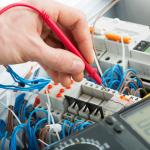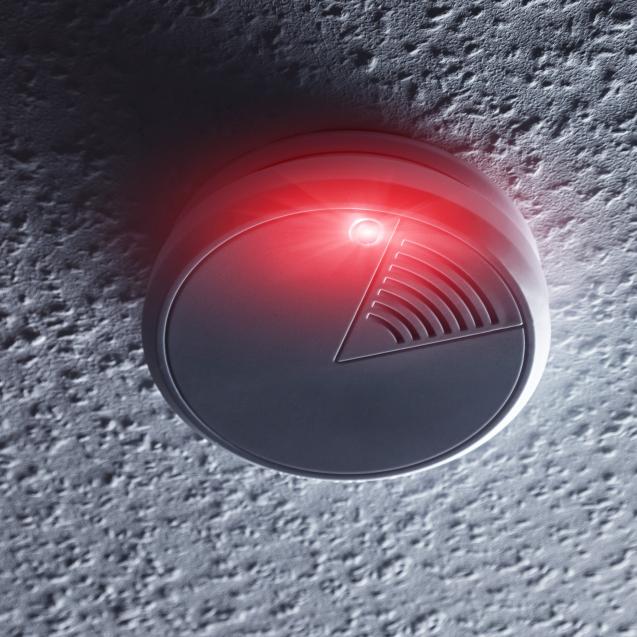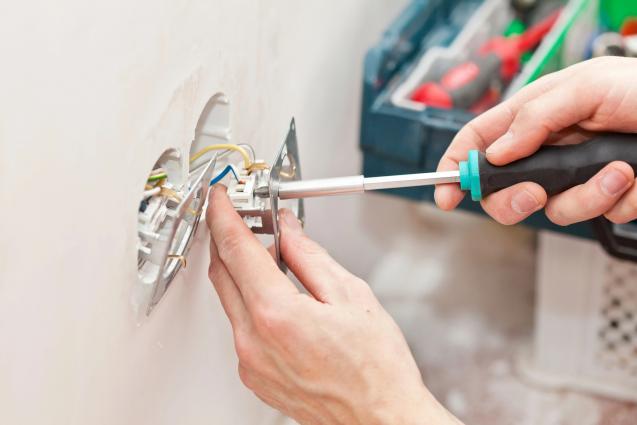
What Is a Certificate of Compliance for Electrical work?
The Certificate of Compliance for Electrical Work (CCEW) helps safeguard everyone when it comes to electricity. But what is this document and what do homeowners need to know about it?
What is an electrical certificate of compliance?
A Certificate of Compliance for Electrical Work is a compliance document. It guarantees that electrical work is both safe and fully compliant with all NSW safety laws.
Only a licensed electrician can complete the CCEW. The certificate contains details about the following:
- installation address
- customer
- installation and equipment
- meters
- the installer’s licence
- test report
- the tester's licence
When is an electrical certificate of compliance required?
When a licensed electrician does any electrical installation work on your home or property, a CCEW must be supplied. Examples of electrical installation work include:
- installing an air conditioner
- putting in a new oven
- replacing light switches
- installing a switchboard
- installing or carrying out work on a standalone power system
- installing, altering, or replacing an electricity meter
Captain Cook Electrical also advises customers to hold onto their compliance certificate for a minimum of five years — the certificate shows that electrical work has been done properly and safely.
The CCEW is also a very useful record if other electrical works need to be done further down the line. These could include warranty, repair, or maintenance works.
How to get a compliance certificate
Getting an electrical compliance certificate is straightforward. The relevant form is readily available on the NSW Fair Trading website.
The completed form can easily be emailed to anyone who is required by law to receive a copy of the certificate. In all cases, this includes the customer.
Depending on the type of electrical work done, other parties who may legally require a copy include:
- NSW Fair Trading
- the electricity network provider
- the electricity distributor (or energy provider)
Potential penalties for not having a compliance certificate
Penalties for not respecting the electrical safety laws are as follows:
- On-the-spot fines of up to $1,000 for not giving a compliance certificate to the customer (or network provider where required)
- Fines of up to $550,000 for non-compliance with technical standards on electrical installation work
Electrical experts are safety experts
If you need quality electrical work in your home or property, contact Captain Cook Electrical today. They’ll get the job done quickly, safely, and professionally and will issue an electrical compliance certificate without you ever having to ask.



